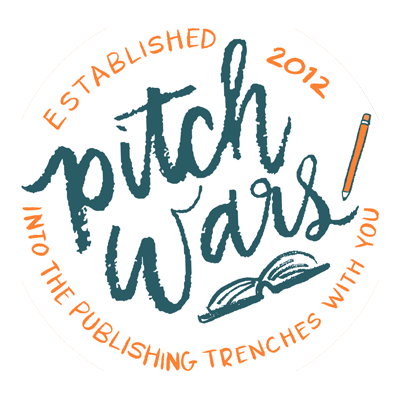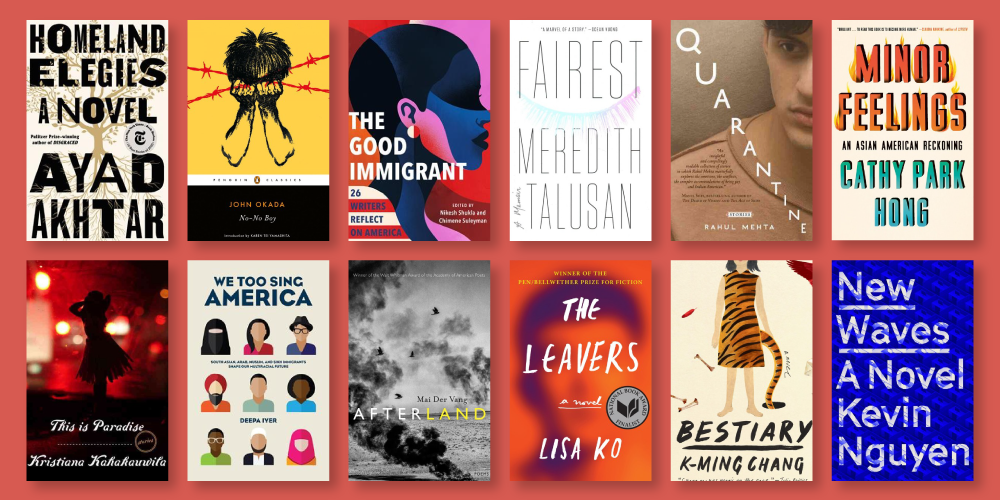
How to Prepare for Pitch Wars
Q: What is Pitch Wars?
A: It’s a short-term (about 3 months) mentorship program for writers of Middle-grade, YA, and adult fiction. It only opens for a brief period in the early fall. This year, it opens for submissions 9/26/21 and closes 9/30/21. If you are accepted, a mentor-writer will work with you for the 3 months leading up to an Agent Showcase, where you can have your work seen by agents actively looking for manuscripts.

Book Review: Blueprint for a Book
Full disclosure: I am a book coach trained by Jennie through her Author Accelerator book coach certification program. I use the Blueprint method specifically in one of my own coaching packages. And I use it to develop my own books. So, I didn’t exactly come to read this book from a fresh perspective.

August Book Roundup
I read fewer books this month, mainly because I was reading the nonfiction ones slowly, savoring the material and making notes. But the fiction I read I had real fun with. If you like twisty, character-driven mysteries, Lucy Foley is the author for you.
And two of the nonfiction books this month are outstanding: Rachel Rodgers’ We Should All Be Millionaires and Jennie Nash’s Blueprint for a Book. If you’re a woman interested in making serious money or a writer looking for a way to cut that first draft time in half, read on to find out more.

Want to Write More? Walk More!
Today I took a long walk in one of my favorite local places, Breakheart Reservation in Saugus. It has two small lakes, and miles of trails - paved loops that are easy for fast walks, and lots of wooded trails along the river and over the ridge, and around the lakes. I still haven’t explored them all.


June-July Book Roundup
This month is a mega-post of books, since I didn’t do one for June after having several other book-related posts that month. If you’re looking for some reading material to round out your summer, there’s plenty here to choose from!

Distraction or Discipline: Which Do You Choose?
I follow Brendon Burchard on Instagram and Twitter (@BrendonBurchard). He’s a coach in the inspirational/productivity space and he gives good doses of loving but firm advice. A couple of his recent quotes struck me in particular, since they hit hard at a daily struggle I and many writers and creators go through:

What to Do When It’s Too Hot to Write
Lately we’ve had a respite from the heat here on the East Coast – but the Southwest is still baking, as are other parts of the country. And I’m sure we will have plenty of days ahead when it’s so hot my brain feels like it’s melting and my will to do anything evaporates and I flop on the couch like a fish on dry land (although with our humidity, it will feel anything but dry).
During these “dog days” of summer, it can be hard to find any writing motivation, and even well-established routines are hard to maintain. Sometimes summer is a great time to get big chunks of writing done, but sometimes it becomes even harder to squeeze it in around vacations and upended schedules.

I Failed at My Last Writing Retreat
This holiday weekend, I had big plans for my writing. I was going to do a writing retreat, with the goal of adding 10,000 words to my manuscript in progress. Not that daunting, really, since I had 4 days to make it happen: 2500 words a day. More than I’m used to, but not by an outrageous amount.

Book Coaching FAQ: What is a Book Coach and What Can One Do for You?
Since I’ve done quite a few book recommendations this month, I’m going to hold off on my usual monthly book roundup, and maybe post it next week or later in the summer.
Instead, I want to delve into the questions I’m often asked about book coaching, such as: What is a book coach, anyway? What does a book coach do? How is that different from an editor? And more. Read on for the answers.

Favorite Books for LGBTQIA+ Pride Month
Obviously, there are many, many books out there in this category, exploring so many different voices and experiences. I picked a few of the ones I’ve read and loved below but this is still a fairly random list. Let me know your faves in the comments!

Three Paradoxes of the Writer’s Life
Lately it’s hit me that the writing life is all about paradoxes. For every truth, there is an opposite. Keeping it all in balance is something we don’t always consciously strive for. Instead, like a see-saw, we swing one way and then the other. Except usually it isn’t fun, it’s exhausting. There are three in particular that I and many writers I know struggle with:

The Cure for Writer’s Block
The writing isn’t the problem.
It’s you.
Writers love to complain about writer’s block, and even look askance at anyone who claims not to have it. They must be a hack, surely, if writing comes so easily to them? If it’s not like squeezing blood from a stone, is it even writing?

10 Failures of Mindset That Will Keep You from Writing
This month, I’m going to be focusing on various aspects of what I call Mindset Coaching for Writers. There are many aspects to a writer’s mindset, such as developing persistence, dealing with blocks, plus the paradoxes of both staying in “beginner’s mind” while also developing mastery of your craft, among others.

May Book Roundup
This month was a fiction extravaganza! Which was lovely, to immerse myself in so many different worlds. This month’s list reminds us why it’s good to get out of any ruts we might be in, reading-wise, and be open to all kinds of stories. If you only read literary fiction, or subsist on a steady diet of cozy mysteries, or only read nonfiction, I invite you to pick a genre or an author you haven’t read before, and try it. You might even go to your library and ask them for suggestions (my local library is still not fully open for browsing, and they’ve been putting together “to-go” bags of books they pick off the shelves for you based on the criteria you give, which is a fun way to find new books and authors you might not have gone for otherwise).

Resources for Writing the “Other”
With May being AAPI Heritage Month (and this Friday’s World Day for Cultural Diversity) it’s a good opportunity to bring up a real challenge for writers – writing the Other. “Other” can be anyone whose identity you don’t share, whether through gender, sexual orientation, ethnicity, race, age, disability, etc. Writers have come under much more scrutiny these last few years in their attempts to create a diverse cast of characters in their work, and with good reason: while representation is important, equally important is accurate representation that avoids stereotypes. This is especially true for marginalized populations who historically have not only been under-represented but misrepresented in many ways.


Can You Ever Have Too Much Voice?
Last week I talked about the novel Sunshine, by Robin McKinley. I liked the story, but found the rambling, digressing, and occasionally convoluted nature of the writing distracting to the point where I occasionally skipped passages – which I almost never do. Why? Aren’t we told, over and over again, that we must have “voice” in our writing? What is “voice” anyway, and can you have too much of it?

April Book Roundup
I had a very nonfiction-heavy month overall; I am in the middle of another fiction book that I may finish by the end of the week but the two novels I’ve been reading are long – 477 and 502 pages, respectively – so I’ll cut myself a little slack. It’s not about seeing how many books I can cram into a month anyway

Give It a Whirl: Writing Exercises for National Poetry Month
Last week we talked about poetry techniques for fiction or nonfiction. How about writing some actual poetry? For some prose writers, that’s a hell, no! I get it. It’s a totally different form. But you can write in any form of poetry you like! Prose poetry is a thing. So is free verse. If you want to, you can look at all kinds of forms of poetry and their rules for a special challenge.
